With the development of technology also comes significant risks, as many cybercriminals are out there looking for their next victim. They can steal your information, and these attacks can have enormous consequences.
If you are a PC user, you should remember that your computer contains confidential and valuable information. Most of us spend our time on the Internet, whether for work or not, and our information can get exposed easily. So, your computer likely connects to a network via Ethernet or wireless connections. Besides considering the security of your device, you should also consider how you use the Internet.
However, there are several ways to keep your information and device secure. The following tips are excellent. You should include them in your routine to protect your PC.
1. More Complex Passwords
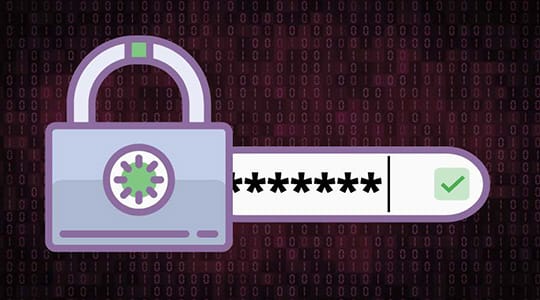
We are starting the list with the most straightforward steps you can take to protect your PC from cybercriminals. Creating strong passwords is essential because hackers will have more difficulty accessing your profiles. Brute-force attacks are the main threat when it comes to passwords, and we mention some of their types:
- Dictionary attacks. Such attacks happen when hackers try to take over accounts by guessing passwords from dictionaries. It is a real threat if you use a word or their combinations as passwords. Whenever you create a password, avoid using real words.
- Credential stuffing. During this attack, hackers use credentials that have already leaked. Repetitive data breaches have helped criminals create extensive databases of users’ passwords. Therefore, such lists can be used to access victims’ accounts.
- Simple brute–force attacks. Such threats refer to any automated way of guessing users’ passwords.
For the best security, you can include symbols, capital letters, and numbers to create a strong password – the more, the better. Make sure not to create a password that contains some of your information, such as your birthday, because your profiles will be easier to hack.
Additionally, you should change your passwords often to avoid any possible danger. Changing your password once every three months will significantly improve your device’s security. You can also use a password manager to keep track of each combination. There are free and paid tools that you can consider.
2. VPN
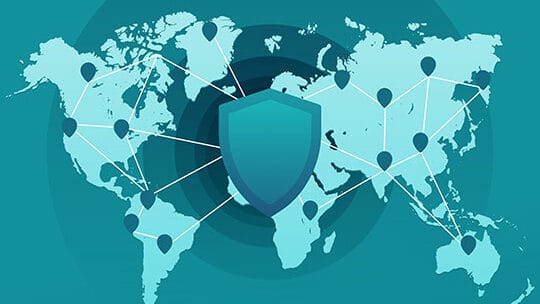
A Virtual Private Network helps to keep your information safe while surfing the Internet. VPNs hide your IP address (they make it seem like you are not linked to your address), which makes it far more difficult to track you online. So, a VPN will let you change the location associated with you. Since websites and other web entities receive your IP address automatically, it is an excellent idea to mask this identifier.
Besides keeping your data safe and secure, VPNs can be used to access content unavailable in your country and many other features. VPNs are becoming essential, and every PC owner should get a VPN as soon as possible. It is also incredibly useful for smartphone users who like connecting to free Wi-Fi wherever they go.
Moreover, various types of VPNs are available, so you can choose the one that fits your needs. This step can keep your information away from the eyes of intruders at a low price. Of course, read customer reviews and expert opinions about the tool you are considering.
3. Antivirus
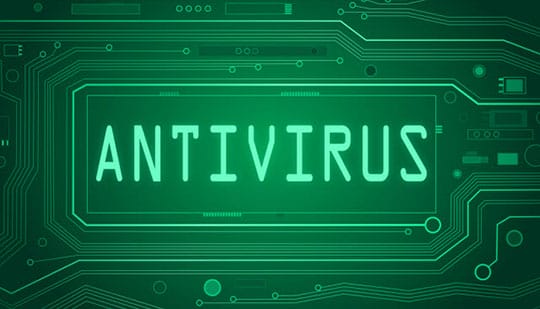
An antivirus is a software application that can detect any suspicious behavior on your computer. You will be notified whenever something potentially dangerous happens. Additionally, this software will stop any behavior that might harm your computer or your data. However, please pick from reliable providers. Many fake security tools, like system cleaners, show bogus results or initiate unwanted activities.
It’s another excellent way to keep your computer safe and secure on the Internet. You won’t have to worry if you have an antivirus installed because it will automatically do the job for you. You can schedule automatic scans and check each new file or program you download.
4. Two-factor Authentication
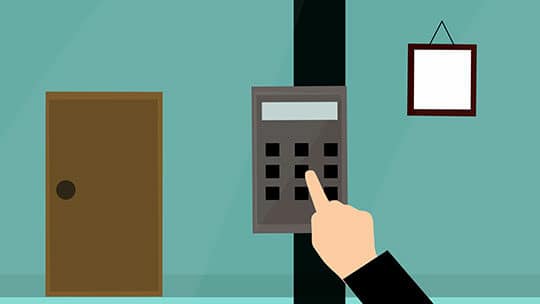
This simple yet effective way of keeping your information safe will make you wonder why you haven’t done it sooner. You can personalize this step, making your device almost impossible to hack.
Aside from your regular username and password, you can add another layer of protection with two-factor authentication. For example, you can add another password, or a PIN code, on top of your regular password. Many services support two-factor authentication. So, consider applying it whenever possible. Also, it is best to choose 2FA via applications or push notifications. SMS messages can be compromised. Therefore, you might skip this option to receive the best security.
You can make this factor even stronger than your usual password by adding even more symbols and characters.
5. Update Regularly

You must keep your PC up to date with all new versions to protect it. Namely, when you don’t update your software, there are many flaws and bugs that cybercriminals can take advantage of. Vulnerabilities are detected frequently. So, you need to ensure that you always use the latest version. Schedule automatic updates if you never seem to find the time.
If you have an older version, you should consider upgrading it. This way, you will remove all the software’s flaws, and the cybercriminals will be less likely to hack into your device.
6. Safe Links
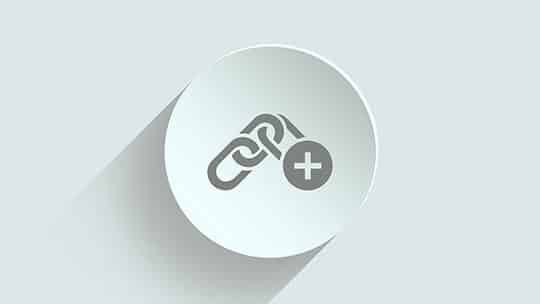
Have you ever received a message like “I can’t believe you’re in this video!” and opened it? You may have accidentally installed a virus on your device.
To protect yourself and your PC from these types of situations, you should make sure to enter only safe links. You should probably avoid it if there is a sketchy feeling to it.
Furthermore, you should make sure that all your online purchases are safe and are made on official sites. You shouldn’t give out your information to sites that don’t seem safe because you may become a victim of a cyber-attack. Fake websites or pop-ups are thriving. Sadly, it means that you must become more attentive. However, some applications can help you avoid fraudulent content. Ad blockers can prevent pop-ups from appearing. Of course, that includes legitimate ones as well.
7. Do Not Download Pirated Content
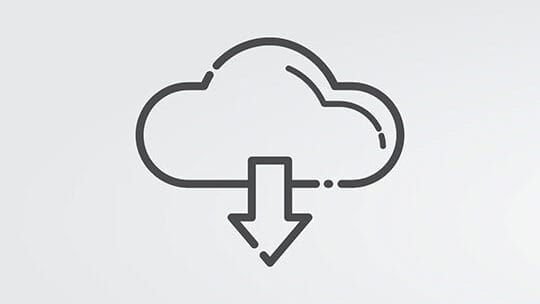
Downloading popular software for free might be tempting. However, it is not only illegal in some countries but also dangerous. You could download fake software falsely advertised as a game or an application. As a result, you might unwittingly compromise your device and open doors to hackers.
So, always download programs from their official sources. That might include official websites or popular stores.
8. Backup Your Files

The chances are that you have a lot of files on your computer. That includes photos, games, personal documents, music, etc. Ransomware is one of the threats that come after such information. It is a threat that encrypts data and demands a ransom in exchange for its decryption. However, specialists discourage victims from paying the ransom. Usually, hackers disappear after receiving the payments. Additionally, it also further supports other ransomware projects.
Luckily, you can become immune to ransomware viruses. If you back up your files, you should be good to go. Backing up your files means storing them in more than one location. For instance, one spot is your PC, while the other can be a USB drive. An even more seamless backup exists within the cloud storage. Even Google offers some cloud space that you should take advantage of.
9. Remove Unwanted or Suspicious Programs
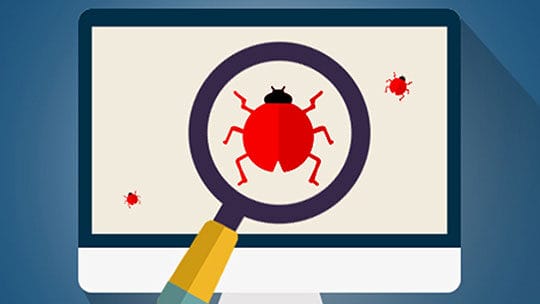
Have you ever noticed a program that you did not install yourself? It might be that the software ended up in your system after an unfortunate accident. For instance, you might have interacted with a website that started automatic downloads. The suspicious tool might have come together with other programs in other cases.
So, pay attention to your installed applications and remove those you do not recognize. If software keeps popping up even after removal, remove it with a security application.
10. Choose a Secure Browser

Browsing begins with browsers. It is an application that lets you surf online and find information or entertainment. However, you should choose an application that you can trust. For instance, more privacy-focused browsers have become a prominent trend. Therefore, you can choose those that won’t log information about online activities.
Additionally, some browsers include features for safeguarding information further. Mozilla Firefox has features for blocking ads, cookies, and browser fingerprinting. The Tor browser offers the best conditions for security and privacy. However, its usage can be less pleasant due to its slower performance.
Conclusion

We are all aware of the growth of the cybercriminal network, and we feel increasingly worried about our data daily. We must consider protection and security as soon as we surf the Internet.
Luckily, many tools available today can keep your device safe from intruders. We have listed some ways to make your internet browsing experience safer, but it’s worth noting that you can incorporate two or more tools simultaneously. The more tools you use, the safer you will be. However, each application should be worth your trust. Therefore, also read reviews and check who controls a specific application.





